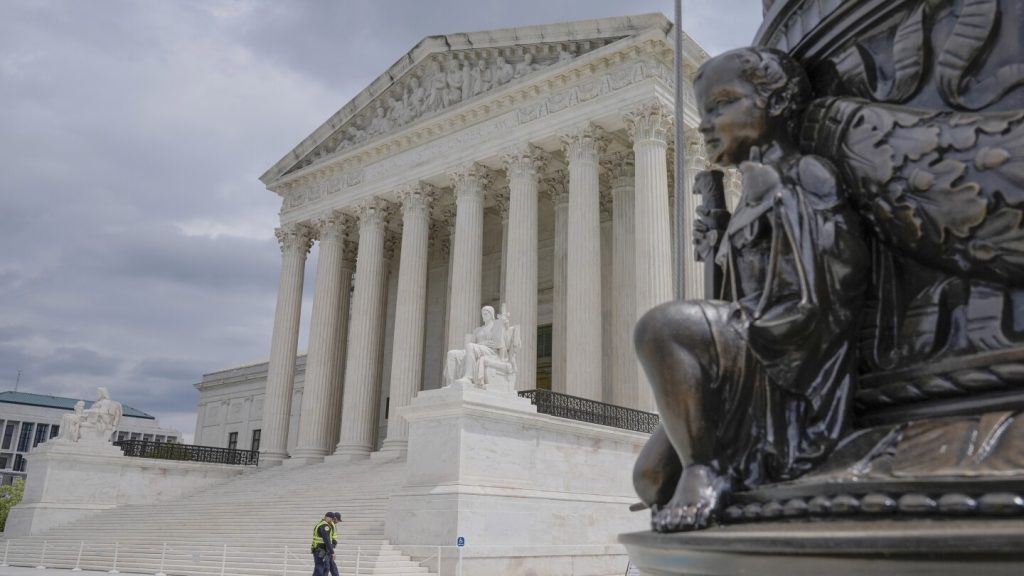The Supreme Court has rejected an appeal by Omar Khadr, a Canadian-born former Guantanamo detainee, who was seeking to overturn his war crimes convictions, including for killing a U.S. soldier in Afghanistan. Khadr had previously waived his right to appeal when he pleaded guilty in 2010, but his lawyers argued that a subsequent ruling by the federal appeals court in Washington called into question the legality of the charges against him. Despite this ruling, a divided three-judge panel maintained that Khadr had given up his right to appeal. Justices Brett Kavanaugh and Ketanji Brown Jackson did not participate in the Supreme Court’s consideration of Khadr’s appeal due to their previous involvement in the case as appeals court judges.
Khadr had been sentenced to eight years in prison, including time already spent in custody, which included several years at Guantanamo Bay. He was released in May 2015 pending his appeal of the guilty plea. A Canadian judge ruled in 2019 that his war crimes sentence had expired. Khadr was only 15 years old when he was captured by U.S. troops following a firefight at a suspected al-Qaida compound in Afghanistan, resulting in the death of U.S. Army Sgt. First Class Christopher Speer. Khadr was suspected of throwing the grenade that killed Speer, and he was subsequently taken to Guantanamo Bay and charged with war crimes by a military commission.
The Supreme Court’s decision to reject Khadr’s appeal signifies the final legal chapter in a long and contentious case that has garnered international attention. Despite the efforts of his legal team to challenge the validity of his convictions, the court’s decision upholds Khadr’s guilty plea and the subsequent sentencing he received. The involvement of Justices Kavanaugh and Jackson, who recused themselves from the case due to their previous roles in the appeals court, highlights the complexity and sensitivity of this particular legal matter. Khadr’s case has raised questions about the treatment of individuals detained at Guantanamo Bay and the legal implications of prosecuting individuals for war crimes committed as minors.
While Khadr may have completed his sentence for the war crimes convictions, the lasting impact of his case on issues related to international law, human rights, and the handling of individuals detained in the context of armed conflict remains significant. The Supreme Court’s decision not to revisit Khadr’s convictions reaffirms the legal framework under which he was charged and sentenced, even as his legal team sought to challenge the validity of those charges. The complexities of Khadr’s case, including his age at the time of the alleged offenses and the circumstances of his detention, have sparked debates about the appropriate legal and ethical standards that should govern such cases in the future. Despite the conclusion of his legal battle, the legacy of Omar Khadr’s case continues to raise important questions about justice, accountability, and the treatment of individuals involved in armed conflicts.


